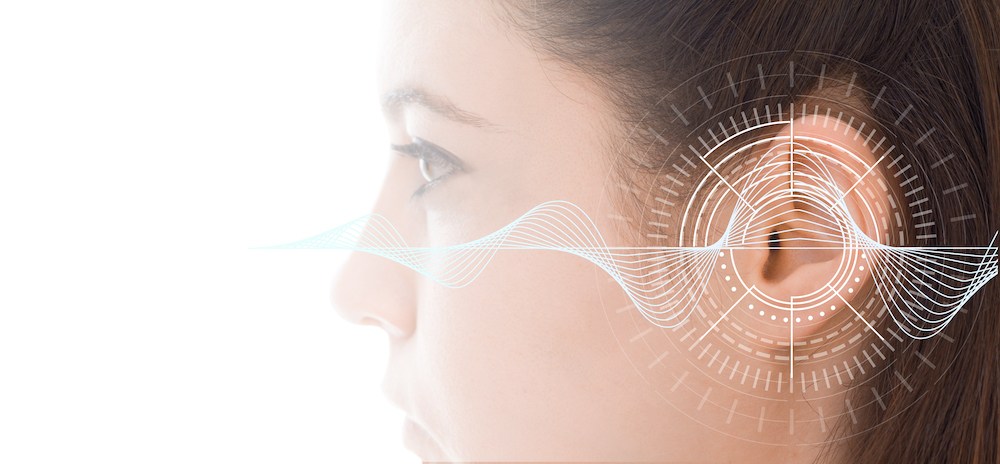Adjusting to New Hearing Aids in the First Month
The first few weeks with new hearing aids are a time of learning and


The first few weeks with new hearing aids are a time of learning and

Hearing is an important part of staying aware while driving, even though

After age 50, hearing can change, even if you haven’t noticed any